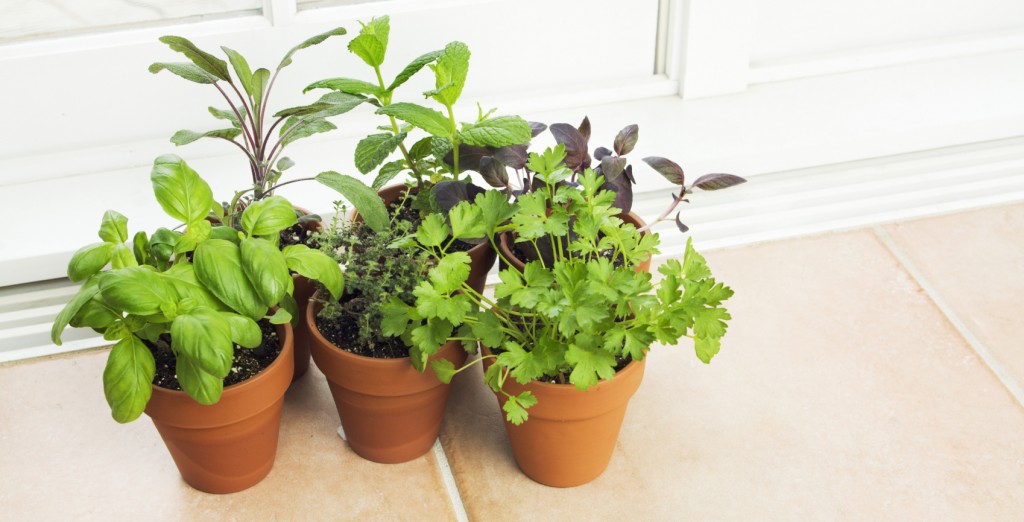Urban farming is the latest green movement that has found its way into Singaporean homes. But not many of us are blessed with green thumbs and fingers. Edible Garden City, champions of the Grow Your Own Food movement, share insightful tips to help you grow your very own herb garden.
1. Start with the basics
Singapore’s climate can be very hot and humid. Plants or herbs with the best success rates are basil — both the Thai and Italian or sweet basil varieties — mint, rosemary, pandan, curry leaf, laksa and chilli padi. In particular, basil and mint are fairly easy to maintain and can be grown indoors, with a minimum of six hours of partial sunlight a day.
2. Buy your supplies from a reputable supplier
Always purchase your seeds and gardening supplies from a reputable supplier. Some of them include NÓNG and Urban Agriculture.
3. You don’t have to spend a lot
If you have friends who are already growing herbs in their homes, they can simply propagate it for you at zero cost.
Purchasing seeds from a supplier can range from $4 to $9 for a pack, depending on the quantity and whether it is organic. For plants, the price can range from $6 to $10 per pot, depending on the variety.

4. Water, fertilize, harvest, repeat
Just like a skincare routine, successful urban farming requires consistent three-step maintenance. Of course, add lots of tender loving care to the process for the best results.
Plants are like humans: 80 to 90 percent water and requiring sunlight and nutrients for healthy growth. Treat your plant like you would treat yourself and it will grow as you grow.

5. Grow it indoors
Don’t have a balcony or rooftop to grow herbs? Why not construct an indoor vertical garden instead? Hang small cloth baskets, flowerpots or buckets on empty wall spaces within your interior and grow to your heart’s desire. You can consider getting grow lights to provide your plants with sufficient lighting indoors.

6. Think twice before you chemicalize
Chemical-based fertilizers or pesticides will affect how safe your plants are for consumption. Given this, we recommend using only natural fertilizers and pesticides.
7. Water plants with the right amount
We all know plants require water, but different plants need watering in different amounts and at different frequencies. For example, basil pots placed in a sunny and windy location need a moderate amount of water twice a day. The key is to know the specific needs of each plant — there is no one-size-fits-all approach to growing a garden.

8. Watch the sunlight
Every plant needs light to grow and flourish, but the amount of sunlight required does vary from plant to plant. For example, basil, curry and rosemary require full sunlight, while mint only requires partial to full sunlight.

9. Grow your own herbs, organically
Did you know that 95 percent of vegetables and herbs are imported into Singapore? Buck the trend and grow your own so you can enjoy fresh herbs as and when you need, as well as save money and keep chemicals off the plate. Urban farming also has its therapeutic benefits, and edible plants can look great in your apartment, as an alternative to flowers.
10. Don’t give up
As a beginner, you might be disappointed or frustrated when your seeds do not germinate, fall prey to diseases, or suffer from unexpected weather. Don’t give up! Sometimes, just a little tweak in location or water amount that can get your first seed to sprout.


 |
This article was first published in the print version The PropertyGuru News & Views. Download PDF of full print issues or read more stories now! | ||
